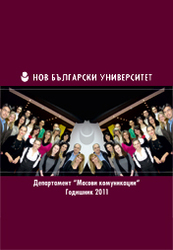
We kindly inform you that, as long as the subject affiliation of our 300.000+ articles is in progress, you might get unsufficient or no results on your third level or second level search. In this case, please broaden your search criteria.

The main purpose of this research is to examine relations between the mass and the individual as a social phenomenon, and their evolution through di fferent historical epochs and contexts. Special attention has been devoted to the novelty in the qualitative structure and aspect of these relations, which occurred when the mass became a relevant social factor that has a tendency to assume the role of the elite. in addition to clarifying basic concepts and providing a short prehistory of the issue, the paper deals with the spectacle which has become both the result and the goal, the fundamental manife station mode, as well as the core of modern society, thus equating the role of decor with essence of modern social community. The manipulated man who becomes a voluntary victim of manipulation is shown as a normal and natural consequence of the tautological character of the spectacle. The paper looks into the possible ways of rehabilitating the engaged individual who da res to live by the principles of permanent spiritual growth in the community, and examines the phenomenon of a passive elite whose inactivity contribu tes to the dehumanization of the world.
More...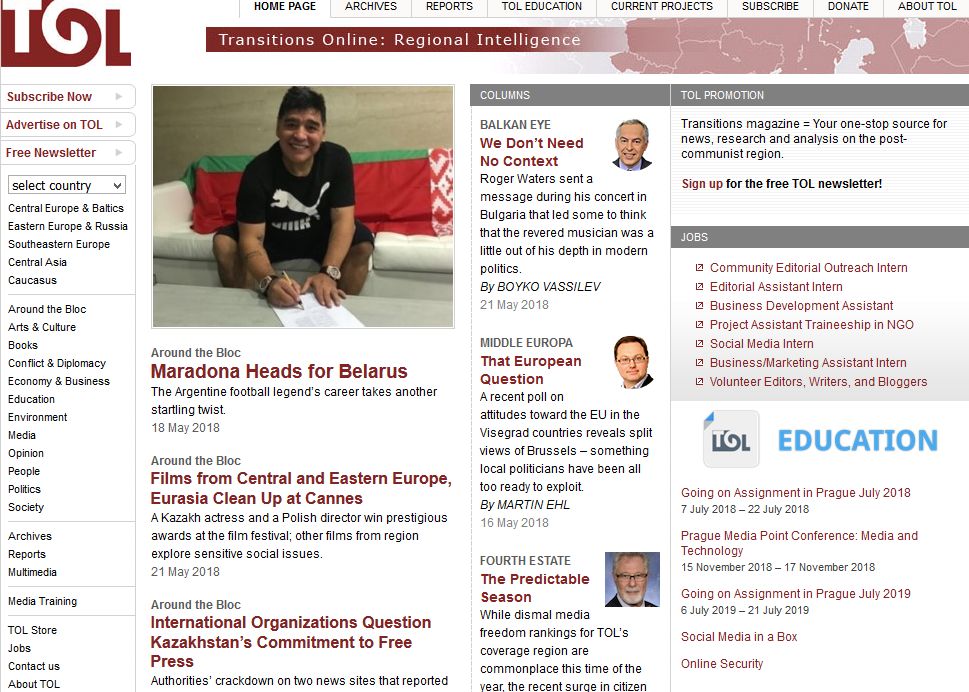
A new study of Polish Twitter confirms the existence of distinct political “bubbles” and the power of traditional influencers, but sparks further questions.
More...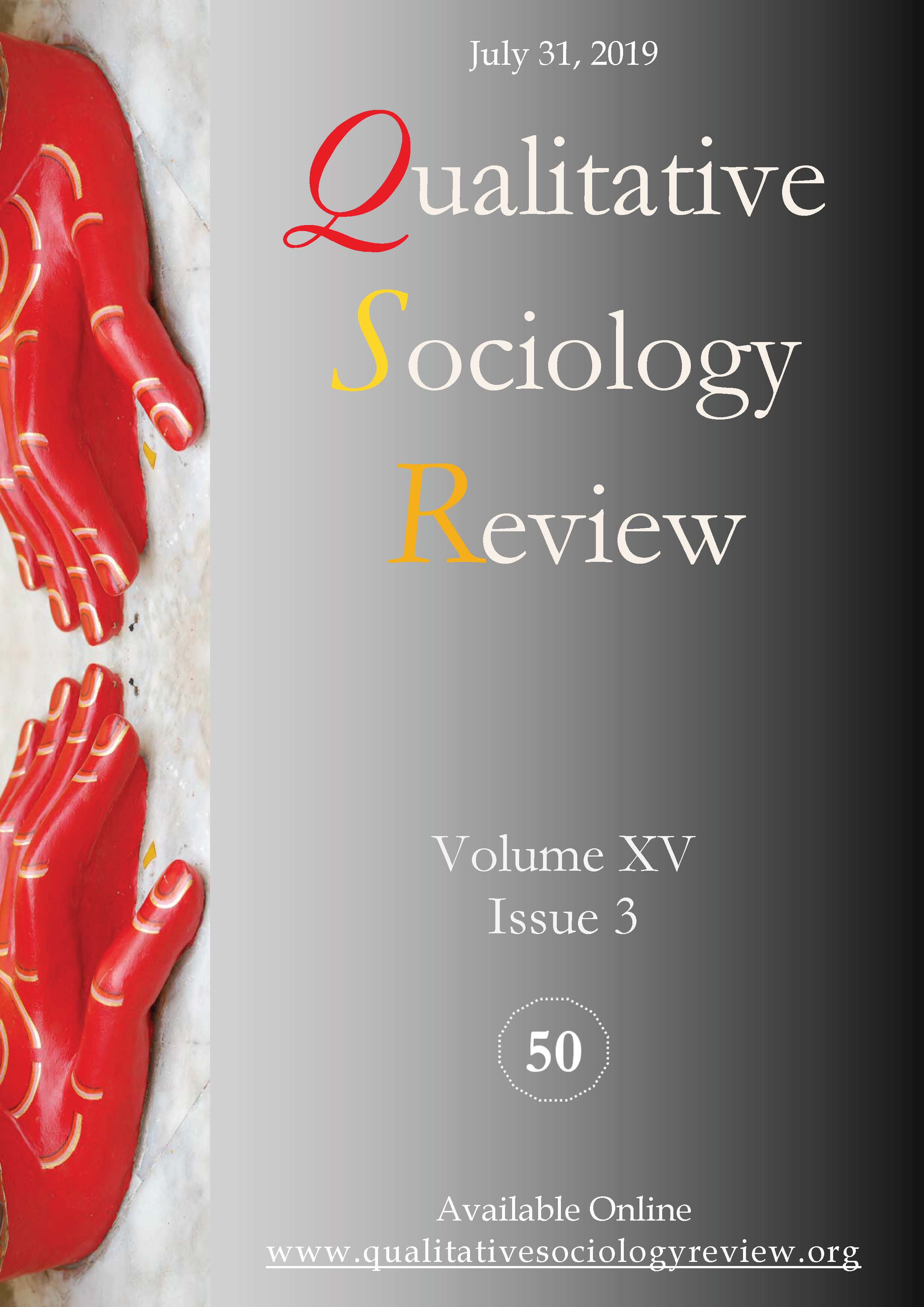
This article builds on recent sociological debates about the explanatory importance of claims-making contexts and the continuing challenges associated with subjectivism and objectivism in social problems research. The sociology of knowledge is used to illustrate how the contextual compromise that has sustained social problems theory and method for at least two decades is based on a number of erroneous assumptions about subjectivity and objectivity in the tradition of phenomenological analysis. To strengthen recent discussions about the contextual dimensions of claims-making activities and framing techniques, the article critically assesses the curious neglect and continuing misrepresentation of the sociology of knowledge in constructionist analyses of social problems.
More...
Psychology began in finance play a significant role for about 30 years. Since then, scientists have once again described the nature of many phenomena that have psychological, and so far have been described classically leaves only. The literature has identified a number of cognitive biases and shortcuts or heuristics thinking. They have a large impact on the financial decisions of man. The capital market is a place where objectivity is very desirable, but here it become apparent almost all cognitive bias, led by the excessive optimism, often called overoptymizmem. Man optimistic thinking in economics, is a person thinking unreal, viewing the world through rose-colored glasses, a person who does not take objective decisions, but assumes that reality for her work out to be statistically better than other people. We want to be optimistic, even in the financial market, because from this perspective the world seems to be easier to accept.
More...
Ријалити телевизијски садржаји, као савремени спектакли потрошачког друштва, имају доминантну улогу на појединим комерцијалним телевизијама с националном фреквенцијом у Србији, док су таблоиди, познати по сензационализму и банализацији, постали њихова „продужена рука”, експонент њихових вредности. У фокусу рада налазе се дневни листови у Србији, односно различити ријалити садржаји на њиховим насловним странама, с намером да се кроз квантитативну и квалитативну анализу насловних страна осветли на којим принципима, којом комуникационом технологијом и с каквим циљем домаћа штампа промовише ријалити вредности. Резултати показују јасну дистинкцију између озбиљне штампе и таблоида, који подижу степен ријалитизације друштва и директно учествују у процесу преусмеравања пажње јавности. Такође, компарацијом с ранијим истраживањима показано је да то није изолован случај у изабраном периоду већ континуирана појава. Ријалити садржаји, какве имамо прилике да видимо на домаћој сцени, све тривијалнији и баналнији из сезоне у сезону, постају све опаснији по моћ рационалног расуђивања њихових корисника и посматрача, на телевизији и у штампи, па због свега наведеног могу да се посматрају и кроз смисао „подешавања свести”.
More...
The subject of this study is media discourse on the Covid-19 pandemic in the Republic of Serbia, with special emphasize on the normative aspects of media policy during the state of emergency (March 15 – May 6, 2020). The main goal is to examine whether the media in Serbia report freely and independently or just function instrumentally as mediators of the political agenda. Hence, the first part of the research is focused on the normative order. By the method of comparative analysis of legal documents, the paper shows the inconsistency of the instrumental measures of media policy in the specified period, with binding norms announced in international conventions and declarations on freedom of speech. In the second part of the research, some indicators of the media discourse on Covid-19 political instrumentalization were identified, using the Critical discourse analysis. The hypothesis has been proven, that basis for political instrumentalization of the media reporting was established in a normative way, by applying disproportionate measures in the field of informing about the pandemic, and consequently developed by discursive practice in the media newsrooms, with aim to mobilize public support to the Government measures.
More...
Right-wing populist governments in Central and South-eastern Europe are currently abusing the emergency caused by the pandemic in order to extend their power and influence over institutions through legislative changes. The governments in Poland, Serbia, Slovenia and Hungary have raised fears by their measures to either establish authoritarian regimes and/or to reassert their grip on power during the Covid19 crisis. This text is intended to give an insight into the measures of the ruling right-wing populist parties (PiS in Poland, SNS in Serbia, SDS in Slovenia and Fidesz in Hungary) during the pandemic. On the one hand, the article intends to show that the individual governments have misused the crisis to bring independent and/or state media under their control, to conclude corrupt deals between the ruling party and government-related companies and to put pressure on other independent institutions (such as the judicial system) and the opposition. On the other hand, reactions by civil society organizations and the European Union shall be examined. The article shows that both, civil society and EU pressure is indispensable, particularly in times of crisis, since shifts in power in favour of right-wing populist rulers happen swiftly and have negative long-term consequences for democracy.
More...
On the occasion of the collection of works Propaganda and Public Narratives in Socialist Yugoslavia, edited by Bojana Bogdanović and Kristijan Obšust. Archives of Vojvodina and Ethnographic Institute of SANU, Novi Sad - Belgrade, 2021, 280 p.
More...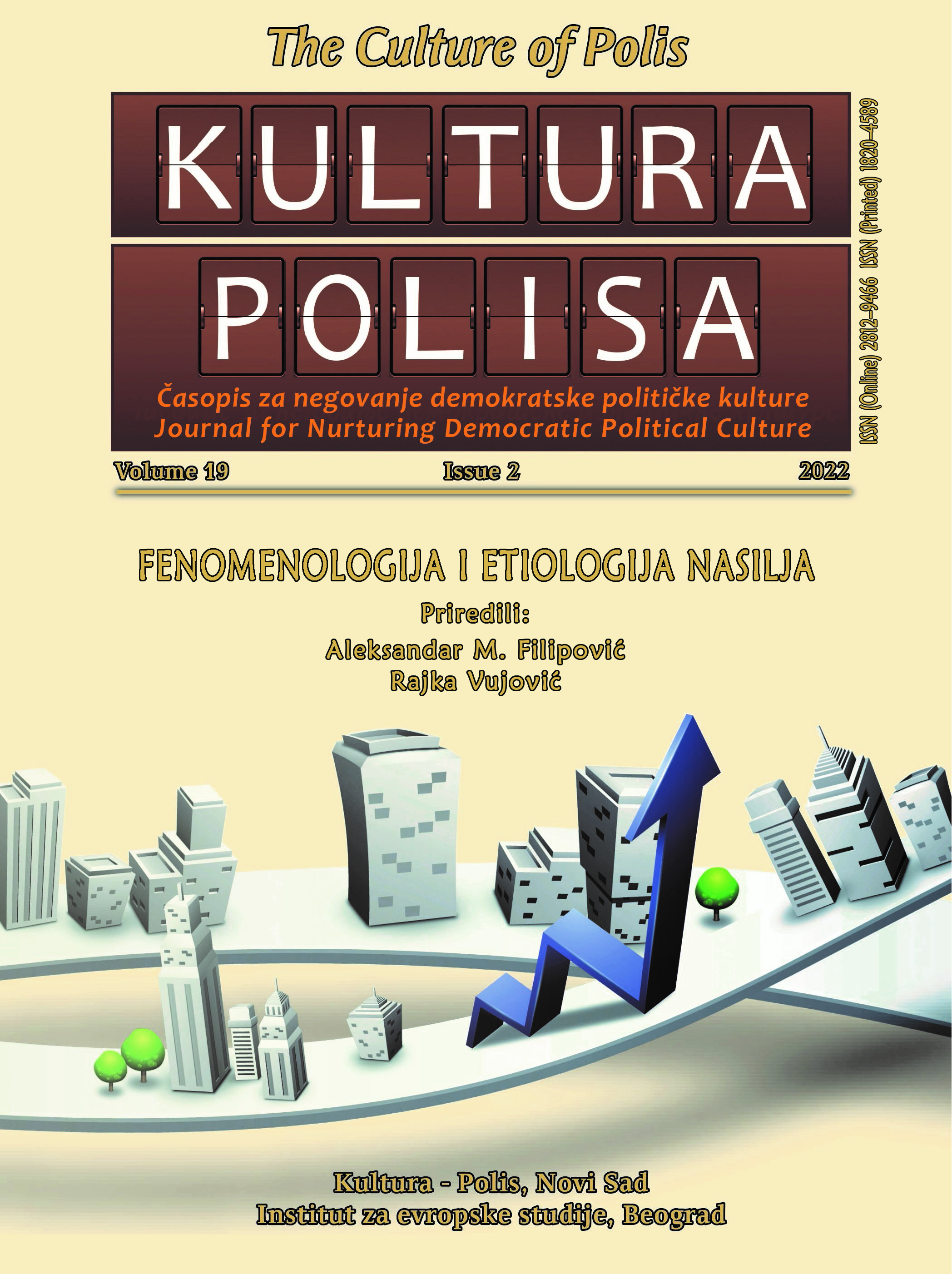
Human history is closely connected to violence escalations. Although every generation expects humankind’s progress in all fields to bring awareness of global peace, violence is becoming more diverse and is quickly developing in the number of people participating in collective violence activities and in the way such aggression manifests. We, however, believe these acts of violence to be mostly caused, on one side, either by need for new inter-block division or to maintain hegemony, while on the other side they are an individual’s or group’s reaction in fight against inequality and injustice. It is also useful to recognise that what people see as violence has the tendency to be culturally endangered. Separation of state from church gave religion a new dimension in connection to its influence on state policies, and also offered a model for political entities to sacralise their power, as firm basis to build totalitarian regimes, which are characterised by collective violence. As a rule, violence breeds news violence, whether it is a response or fulfilling ambitions to expand power. Collective violence could be instigated by political, religious or other social violence. Understanding circumstances under which violence begins and develops can decrease the probability of it being used, especially when it comes to collectiveviolence. In relation to this, our aim for this paper was to use methods of compilation and content analysis and therefore single out main causes of collective violence, which has led us to conclude that by identifying and understanding them on time we may decrease the possibility of violence being used with such scope and intensity to cause the heaviest consequences.
More...
A society without norms does not exist, just as norms that are not violated do not exist. The reaction of society to violation of basic norms on which it itself is based largely depends on the epoch, that is, on the value core on which the society itself is based. Imprisonment has always existed, but it has changed drastically throughout history— from imprisonment without purpose and meaning, alongside torment and suffering, to modern forms of deprivation of liberty and modern prisons. The ideological revolution has changed the value basis of society, thus changing all the norms that had arisen from such values. The perception and expectations of punishment have changed and, from the 18th and 19th centuries onwards, a new concept of prison as an institution of control, correction, i.e. re- socialization has been developing. Prison has ceased to be seen as hell on earth and became an instrument of society’s influence on those who dare to violate social norms. This paper follows this evolution, that is, the development of prisons and the idea of imprisonment from holes and lagoons to modern penitentiaries.
More...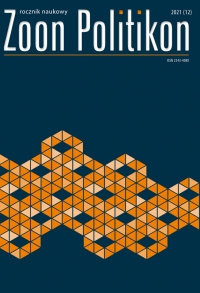
This article critically addresses the contemporary study of what is called 'defensive emotions' such as fear and nostalgia among a number of social theorists. While it may be true that the collective emotions of fear and nostalgia (here framed by the phrase of 'retrotopia') may indeed be on the rise in Western liberal democracies, it is also important to be wary of taking the literature on the matter as a sign that fear and nostalgia actually permeate all levels of culture and everyday life. The article starts out with some reflections on the sociology of emotions and shows how the early interest in emotions (theoretical and empirical) among a small group of sociologists is today supplemented with the rise of a critical social theory using collective emotions as a lens for conducting a critical analysis of the times. Then the article in turn deals with the contemporary interest within varuious quarters of the social sciences with describing, analysing and diagnosing the rise of what is here called 'defensive emotions' – emotions that express and symbolize a society under attack and emotions that are mostly interpreted as negative signs of the times. This is followed by some reflections on the collective emotions of fear and nostalgia/retrotopia respectively. The article is concluded with a discussion of how we may understand and assess this relatively new interest in defensive emotions.
More...
The debate organized by editors of “Ars Educandi” pertains to the question of whether the diagnoses of the social crisis in the time of the fall of communism in Poland have retained any value in actual conditions. The text by Zbigniew Kwieciński written in 1980 made a pretext for discussing similarities and differences between that and the current form of political authoritarianism in Poland, the relation between the “surface” of social emotions and “deep structures” of the social systems, as well as on whether the very figure of the social system has retained its force in social analyses.
More...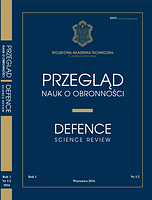
Objectives:The aim of the article is to determine whether the formation of organisational structures appears in the transformation of grassroots initiatives "coming from the people", in the course of activities for refugees from Ukraine. How to relate the theory of the organisational field to them and what are the possible consequences of institutionalising these endeavours.Methods:For this purpose, observations were made of social media dedicated to volunteer activities at the PKP Main Railway Station in Wrocław and in-depth interviews were conducted with the initiators of these activities and other volunteers. The analysis was also carried out with reference to secondary data results in the form of research reports and statistics.Results:The case study shows that grassroots, spontaneous actions of individuals become networked and then organised, within an organisational field, and that they are not always spontaneous and independent. The article is set in the context of sociologically relevant theoretical paradigms.Conclusions:The cooperation of social organisations with volunteers requires the constant motivation of those involved to continue their activities and the search for new people willing to engage in selfless activity for the benefit of another person. This activity requires knowledge and experience to influence people's decisions to get involved in a way that is appropriate to their beliefs and shared values. This allows us to see the difference between informal self-organisation of citizens and formal civic groups, as the functioning of the latter is specifically regulated by those in power, which influences the effects of their actions.
More...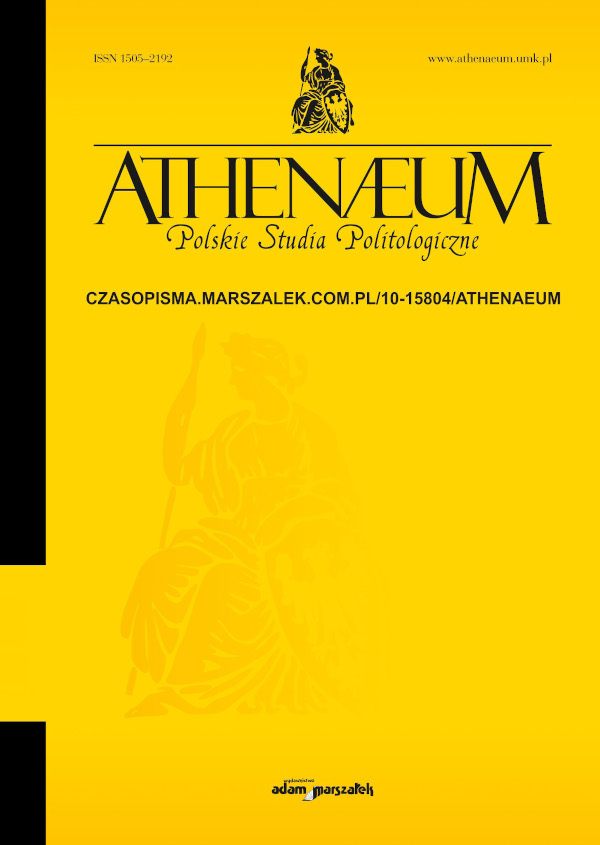
The article discusses the relationship between different kinds of thinking based on binary oppo- sitions in the context of the political. The main assumption of the article is based on the claim that the notion of the political requires a rework- ing of different kinds of dualisms. The verification of the initial assumption has been carried out in two – opposing – directions. On the one hand, there are sphere dualisms of the public–private type, which in practice support the political/ non-political opposition. Such divisions turn out to be a source of erasure of important political problems of collective life. On the other hand, no conceptualisation of the political, understood as a fundamental political relationship, can do without dualistic assumptions. Different concep- tions approach this issue differently. For example, the biopolitical theory of M. Hardt and A. Negri promotes the abolition of dualisms, but ultimately the dichotomous logic in it returns, although as a manifestation of inconsistency. The concept of the political that seems most realistic appears in the agonistic theory of Ch. Mouffe and E. Laclau, in which the political is immanently associated with fundamental antagonisms based on the us–them relationship.
More...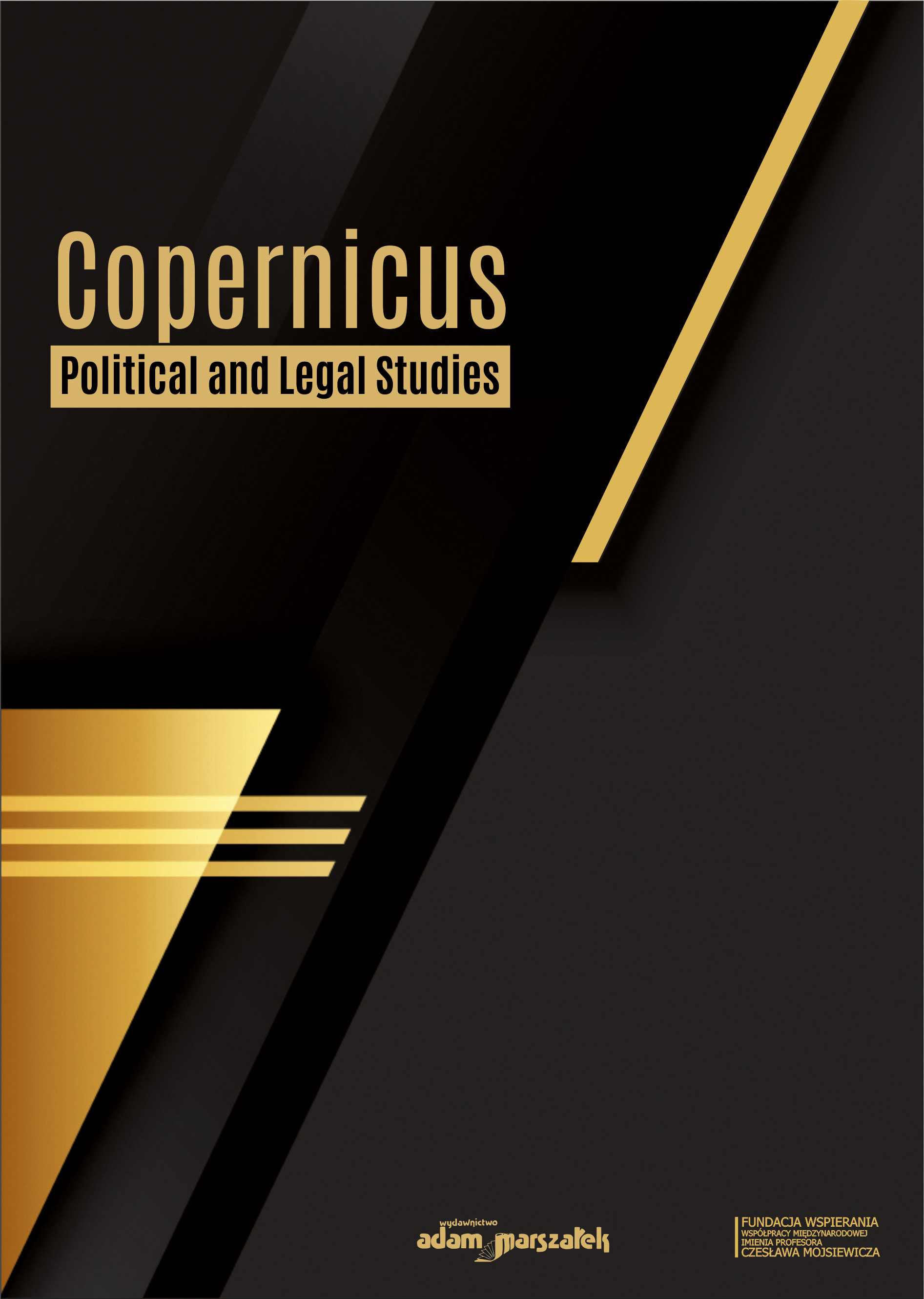
The article analyzes the new realities we are wit- nessing (globalization processes, the COVID-19 pandemic, information wars, etc.) are causing changes in all spheres of public life. Leisure is one of such areas. Due to these changes, transformations and modifications, people are forced to look for new ways to organize their leisure and leisure time.Attention is drawn to the fact that there are changes in the forms of various activities. In particular, their content is changing. It is emphasized that in accordance with changes in society, approaches to the study of human activities must change.The article analyzes the latest research and publications related to the organization of leisure and approaches to its study. It is also noted that there are aspects in the study of this issue that have not yet been fully clarified and substantiated.We pay attention to what is embedded in the content of the concept of leisure in scientific circulation. It is determined that leisure is considered in the context of free time, namely as part of it. It is emphasized that although these two concepts are considered in tandem, they are not identical.The focus is on the main approaches to sociology and their application in the study of leisure.The analysis of the content of sociological approaches to the study of leisure allowed us to understand that special attention should be paid to the institutional approach. He at the present stage of development of sociological science occupies one of the leading positions. That is why the study of leisure practices from the point of view of the institutional approach was considered in detail.It is noted that in our opinion, when studying this issue in Ukrainian society it is most appropriate and appropriate to apply an institutional approach. It is determined that this approach can be called the integration of elements of different approaches. This, in turn, allows us to substantiate our views on the most optimal approach to the study and study of leisure in Ukrainian society.Attention is focused on the fact that the choice of sociological approach in the study and research of a particular issue depends on the purpose and objectives of the scientist.
More...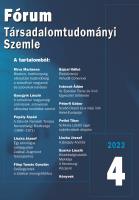
In many cases, the level of participation in elections can be decisive: it can determine who gets into the parliament, who forms the government, and what topics are emphasised. Beyond being a political issue, it interests social scientists as well. They follow the issue outside the election period too. They investigate the electoral propensity to vote, the composition of the group of those who would vote and those who would not, the factors that most influence the propensity to vote, etc. This paper builds on the tradition of previous research and examines two possible factors in more detail. These are institutional trust and political efficacy, which many sources have found to be related to electoral propensity. It also pays particular attention to the comparison between Slovaks and Hungarians in Slovakia, concluding that a sense of internal and external political efficacy is related to electoral propensity, but that institutional trust and ethnicity are not determinants of this.
More...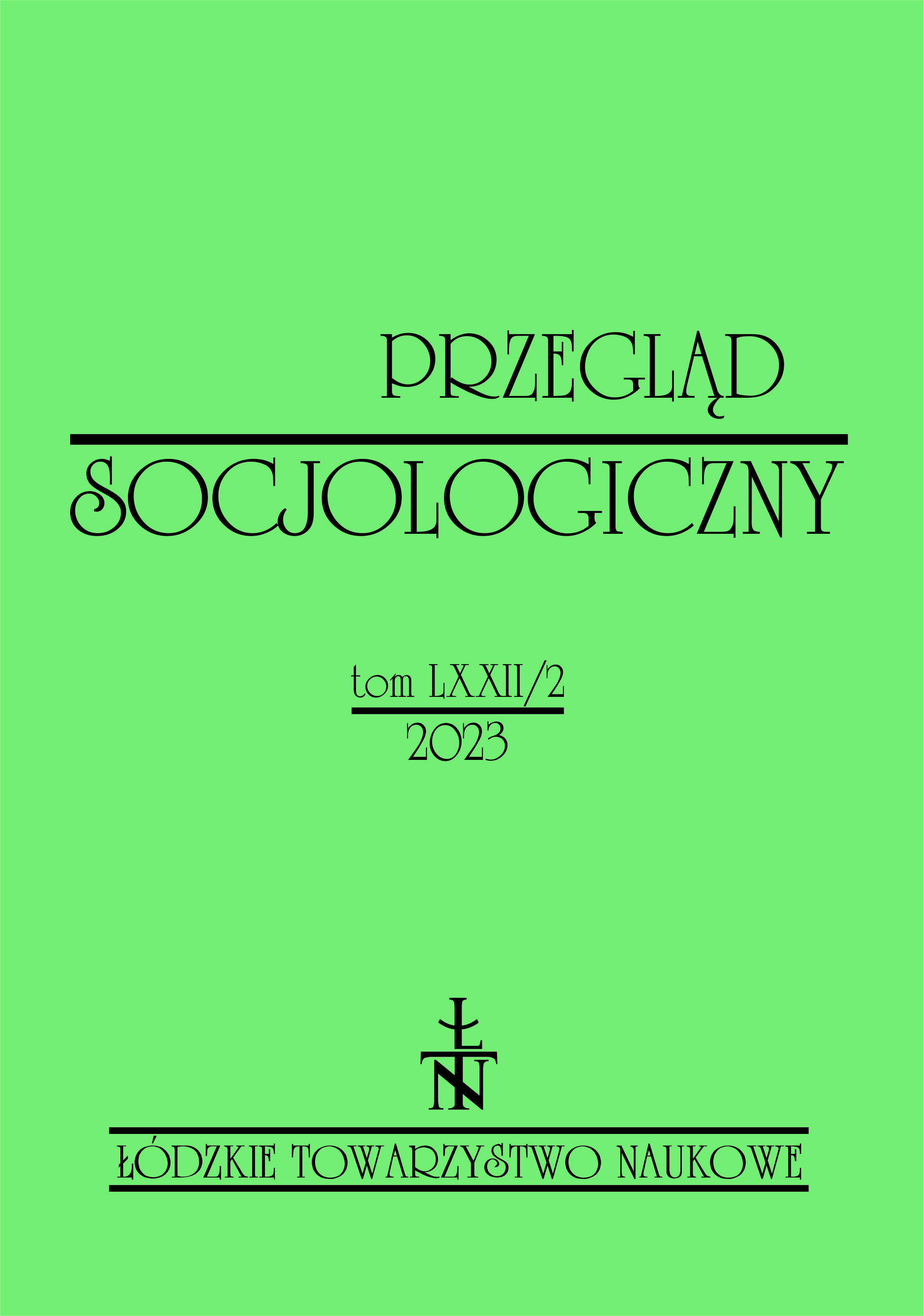
the article presents a desk research analysis aimed at examining the connections between the ideology of healthism and neoliberalism. the axis of the analysis is the historically embedded attempt to extract similarities in their vision of the individual. the aim of the article is also to take a critical look at the central position of health in today’s value systems and to consider the political implications of this state of affairs. the category of health is analysed in the context of devices that are designed to measure its value. the article proposes a reflection on self-tracking devices, which, according to many researchers, are a material manifestation of the interweaving of healthism and neoliberalism. One of the most common tools of this kind – a pedometer – was chosen to demonstrate the dangers of using self-tracking devices, and as a reminder that objects are not only passive transmitters of ideology. this analysis is also incorporated into the framework of discussions on cognitive capitalism.
More...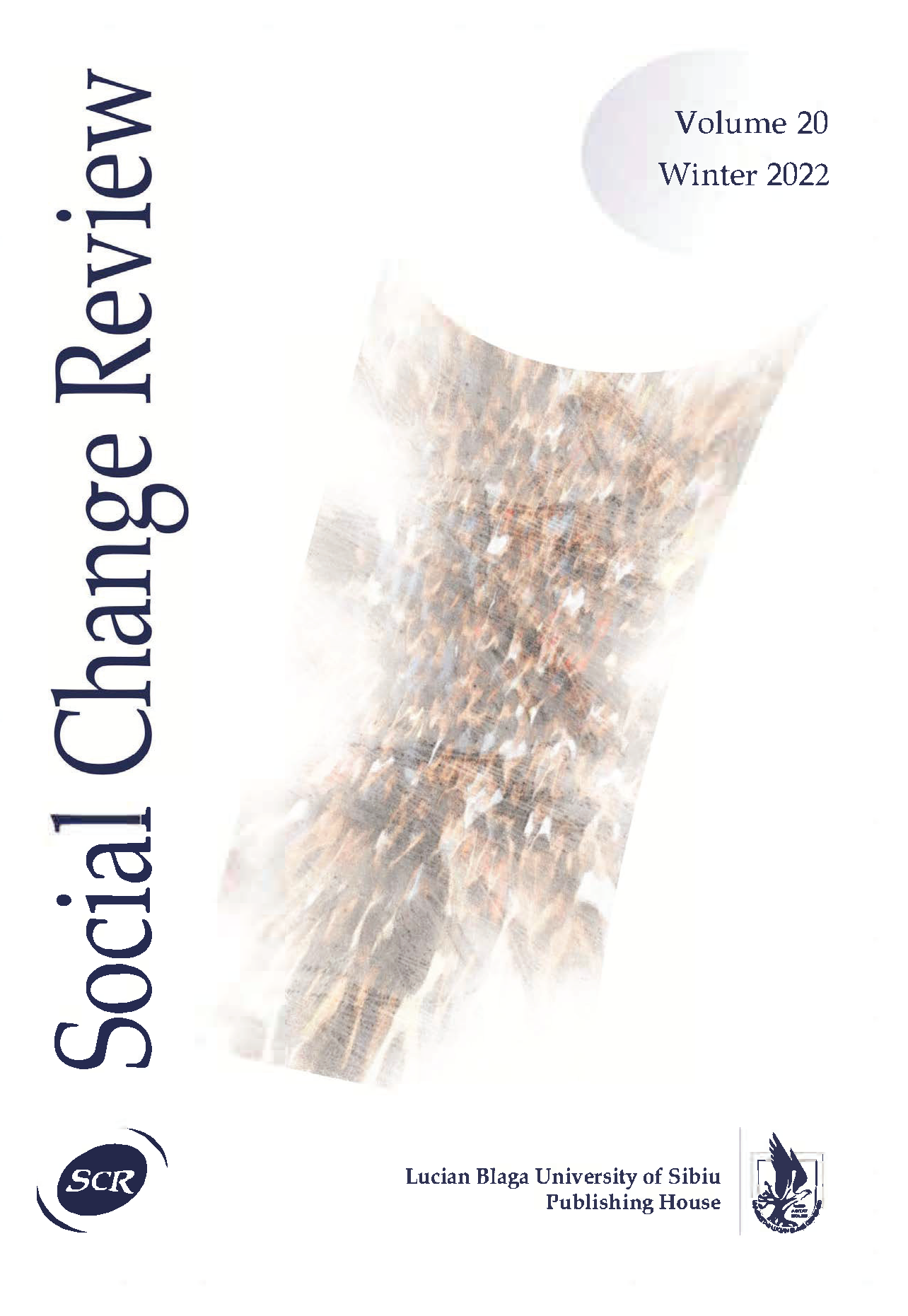
Review of: Xosé M. Núñez Seixas. 2021. Sites of the Dictators: Memories of Authoritarian Europe, 1945–2020. Abingdon and New York, NY: Routledge, 218 pp. ISBN 9780367684112
More...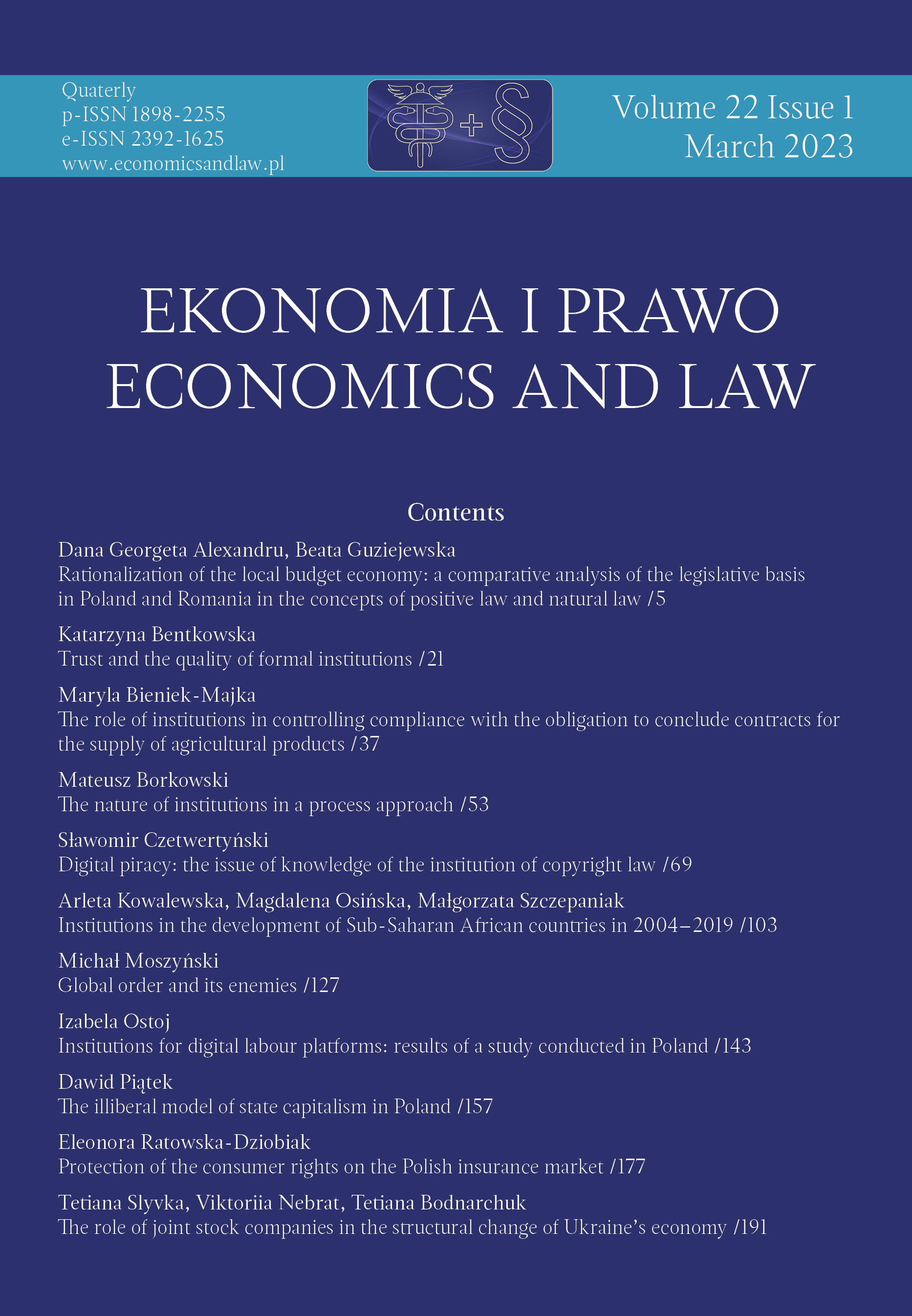
Motivation: Trust plays an important role in the functioning of individuals at every leveland research confirms that it is linked to economic development. As the levels of trust dif-fer across the countries it is crucial to explore the reasons for such variation and to identifydeterminants of trust. Trust is often used in research to operationalise informal institu-tions, however, it can also reflect the quality of formal institutions. Therefore, it is vitalto investigate whether trust is to a large extent a deeply rooted attitude, which does notlend itself to intentional shaping or it can be generated by better institutional performance. It remains unclear how institutional performance influences trust, there are manydoubts concerning for example the diversion of this relation. The evidence on the relation-ships between generalised and institutional trust also persists mixed.Aim: The paper aims to investigate the relationship between generalised and institutionaltrust with the quality of formal institutions.Results: The research confirms the positive relationship between generalised and institu-tional trust for the total group of 22 European countries. Similarly, higher levels of bothkinds of trust are related to better institutional performance. However, when the coun-tries are analysed separately as capitalist and post-socialist, the results differ. The afore-mentioned relationships are confirmed for capitalist countries. Post-socialist countries arecharacterized by a lower level of trust and lower quality of institutions. Nevertheless, forthis group, there is no evidence for the relationship between generalised and institutionaltrust, and only partial evidence for the relationship between institutional trust and institu-tional performance. The results support the concepts underlining the influence of institutions’ quality on trust but some observations are inclined to concepts suggesting that trust s culturally determined and regardless of institutional performance decades are needed for its development.
More...